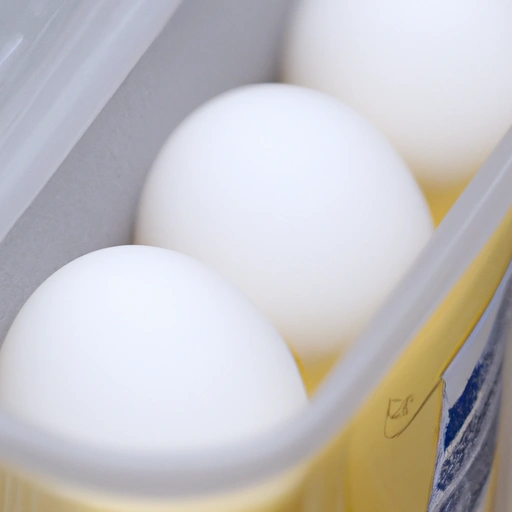Egg Substitute
Description

Egg substitutes serve as a popular alternative to whole eggs in various recipes, catering to dietary restrictions, allergy considerations, and health-conscious individuals. These products typically consist of a blend of egg whites, food starch, and other ingredients designed to mimic the flavor, consistency, and cooking properties of whole eggs.
Common uses
Egg substitutes are commonly used in various culinary applications, including baking, making omelets, scrambled eggs, and as a binding agent in recipes where whole eggs are traditionally employed.
Nutritional value
Calories
Typically, a 1/4 cup serving (about 60 ml or 4 tablespoons) of egg substitute contains approximately 30 to 60 calories, depending on the brand and formulation.
Protein
A similar serving size provides about 5 to 6 grams of protein, making it a valuable source of this essential macronutrient.
Fat
Egg substitutes are low in fat, with most products containing less than 1 gram of fat per serving.
Carbohydrates
Carbohydrate content in egg substitutes is minimal, usually less than 1 gram per serving.
Vitamins
Many egg substitutes are fortified with vitamins such as B12, riboflavin, and vitamin D.
Minerals
Essential minerals like iron and calcium are often added to egg substitutes to enhance their nutritional profile.
Health benefits
Egg substitutes offer several health benefits, including lower cholesterol and saturated fat intake, as well as the addition of essential nutrients through fortification.
Potential risks
For individuals with soy or other specific food allergies, certain egg substitutes may pose a risk due to their ingredient composition. Always check labels for allergens.
Common recipes
From heart-healthy muffins to fluffy pancakes, egg substitutes are versatile in baking. They can also be used in quiches and frittatas for a lower-cholesterol option.
Cooking methods
Egg substitutes can be scrambled, baked, or used in any cooking method where eggs are called for, with adjustments in cooking times and temperatures as needed.
Pairing with other ingredients
Egg substitutes pair well with a variety of ingredients, including vegetables, meats, and cheeses, making them an excellent component in diverse culinary creations.
Summary
Egg substitutes provide a healthy and versatile option for those looking to reduce cholesterol intake or avoid allergens, while still enjoying the culinary delights traditionally made with eggs. As the global food community continues to embrace inclusive and health-conscious ingredients, egg substitutes remain a staple in modern kitchens across cultures.